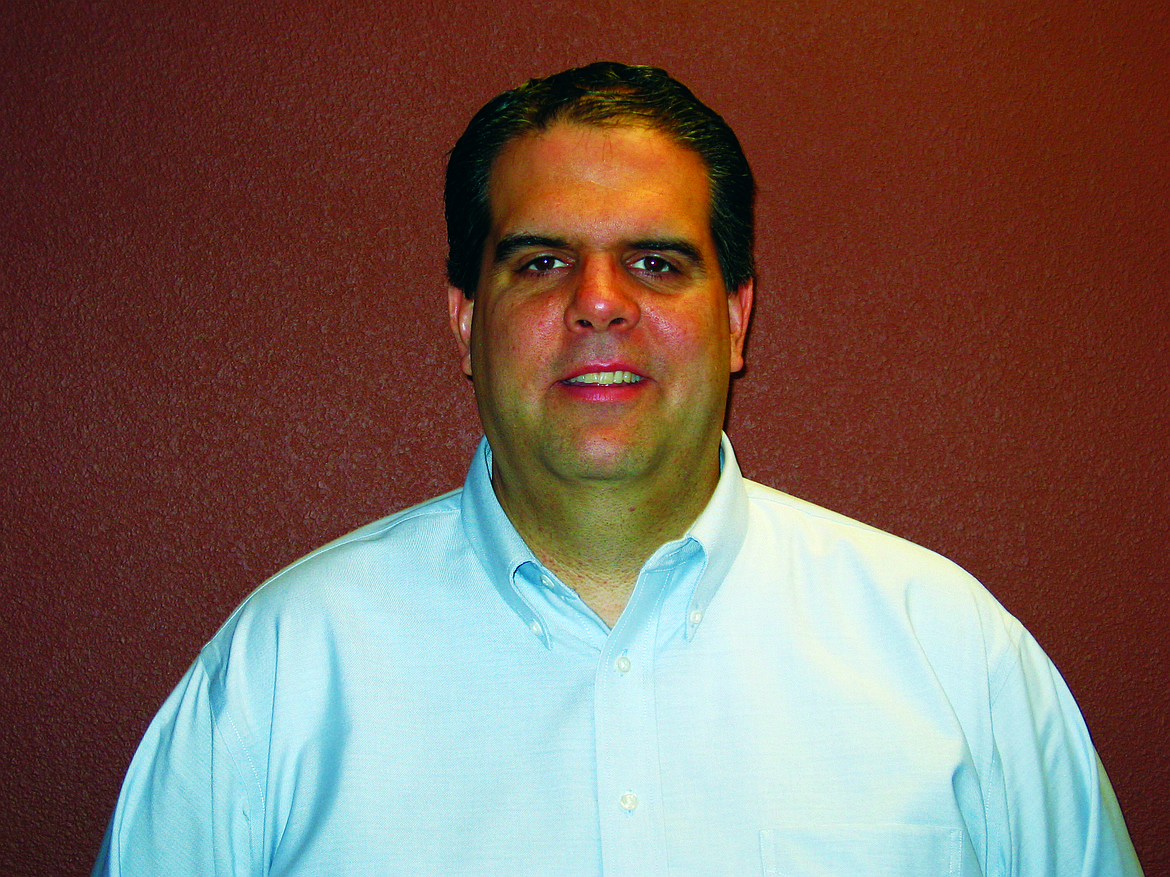ADVERTISING: Advertorial — Children's mental health
COVID has challenged most people, but studies suggest that the impact on teenagers has been especially significant. While adults have also reported that COVID related fears and stress have affected their mental health, adolescents have been particularly susceptible because of demands placed on them. Things adults never thought of, school closures, isolation, the inability to interact closely with friends, stress, and loneliness to name a few.
Decades of research on adolescent development has shown that adolescents need clear and consistent routines and structure. Many of the strategies used to reduce the spread of COVID have forced children and adolescents to stay indoors, resulting in disrupted routines, increased sedentary time, more time on the internet (which has its own dangers) and a reduction in structured activities.
Isolation from friends and physical distancing can feel as if they are placing their life on hold. Unfortunately, the clock keeps ticking. Birthdays, graduations, proms, homecoming, and vacation are just a few samples of the many significant life events that adolescents may have missed experiencing during COVID.
Documented teen mental health claims released in a recent report nearly doubled during the COVID, highlighting the staggering effect the pandemic has had on teens. Here are some alarming stats:
Anxiety: A 93.6 percent increase in anxiety from April 2020 over April 2019 for teen’s ages 13 to 18 years old.
Depression: An 83.9 percent increase in depression from April 2020 over April 2019 for teen’s ages 13 to 18 years old.
Schizophrenia: Claims for emergency department visits for schizophrenia among those 19 to 22 years old increased 61.3 percent in April 2020 over April 2019.
Self-Harm: Claims for self-harm (e.g., cutting, crashing a vehicle, attempted suicide) ballooned 333.93 percent in August 2020 over August 2019 for teens ages 13 to 18 years old.
Substance Abuse: Substance use disorder claims rose by 62.7 percent from April 2020 over April 2019 in teens 13-18 years old.
Although adolescents were forced to remain at home, adolescents were still identified as engaging in drug use during the pandemic. Studies show adolescents were increasing their use of alcohol and cannabis during the pandemic with 49.3% engaging in drug use alone.
So how is your child coping with the pandemic and what can I do? Invite your child to talk about how they are feeling. Feeling depressed, hopeless, anxious, and angry are usually normal reactions to stress. However, if these feelings are constant and seem overwhelming, these may be signs they need help during this difficult time.
Teens and young adults may try to hide their feelings or emotions because they don't want to burden others with their problems. So you want to look for changes in behavior or patterns, look closely, they maybe subtle. They may show signs of distress in different ways:
• Changes in mood that are very unusual for your child, such as irritability, feelings of hopelessness or rage, and frequent conflicts with friends and family.
• Stepping back from personal relationships with close friends
• A loss of interest in activities they previously enjoyed.
• A hard time falling or staying asleep, or starting to sleep all the time.
• Changes in appetite, weight or eating patterns, such as never being hungry or eating all the time.
• Problems with memory or concentration.
• Less interest in schoolwork and drop in grades.
• Changes in appearance, such as lack of basic personal hygiene.
• An increase in risky or reckless behaviors, such as using drugs or alcohol.
• Thoughts about death or suicide, or talking about it (see "A word about suicide risk," below).
Covid has been tough on all of us, but are children may have paid the largest price. The inability to interact closely with friends, stress, putting their life on hold, disrupting their routines and isolation to mention a few, really affected our children in ways we will never know. If your child is showing any of the above signs, please seek appropriate medically attention.
• • •
Dr. Wayne M. Fichter Jr. is a chiropractor at Natural Spine Solutions. The business is located at 3913 Schreiber Way in Coeur d’Alene. For more information, please contact us at 208-966-4425.

